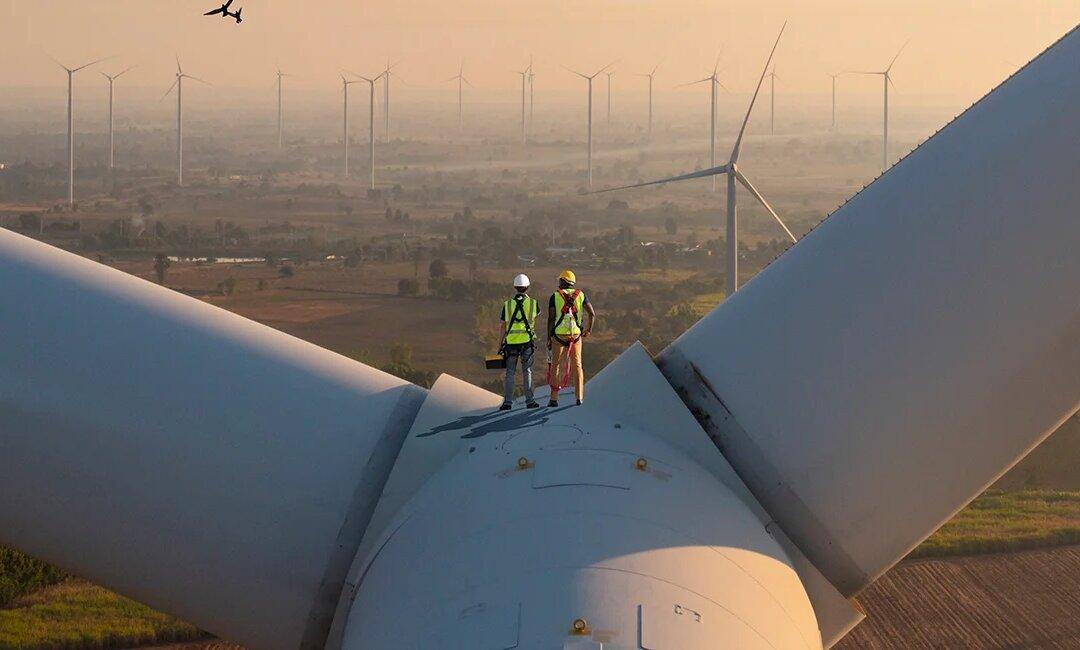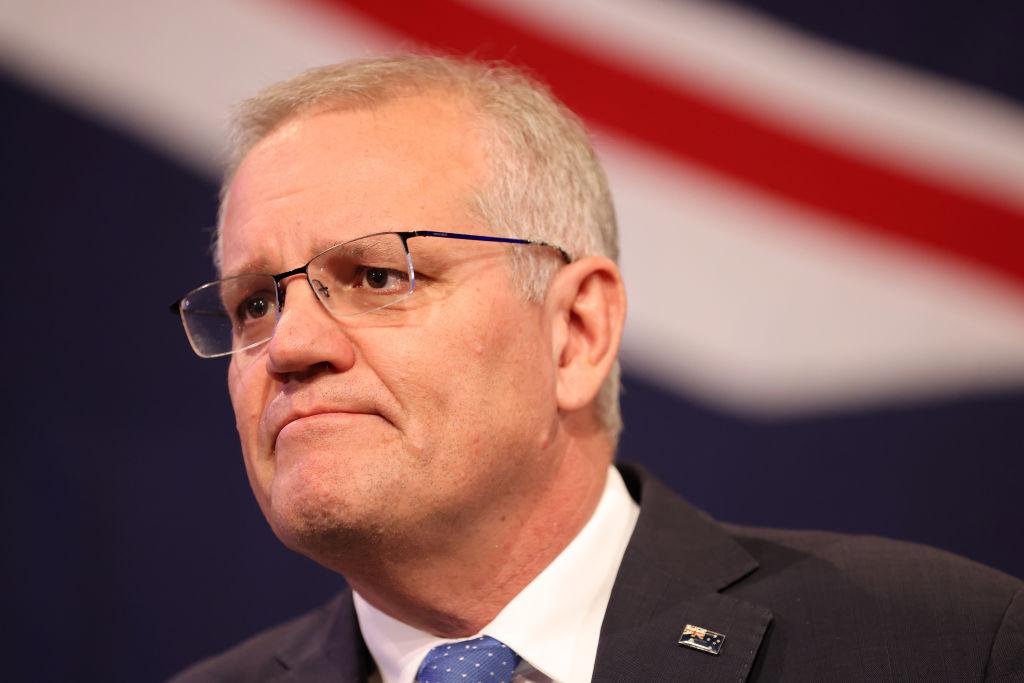The push to net zero could spur de-industrialisation in certain sectors of the Australian economy, says an emeritus professor at the University of Melbourne.
“We are grinding our way slowly towards [the net zero target]. There will be industries that will close down. The first one will be the aluminium smelting industry. Those people will lose their jobs because aluminium requires a huge amount of energy to make,” Prof. Ian Plimer told ADH TV on Aug. 9.





